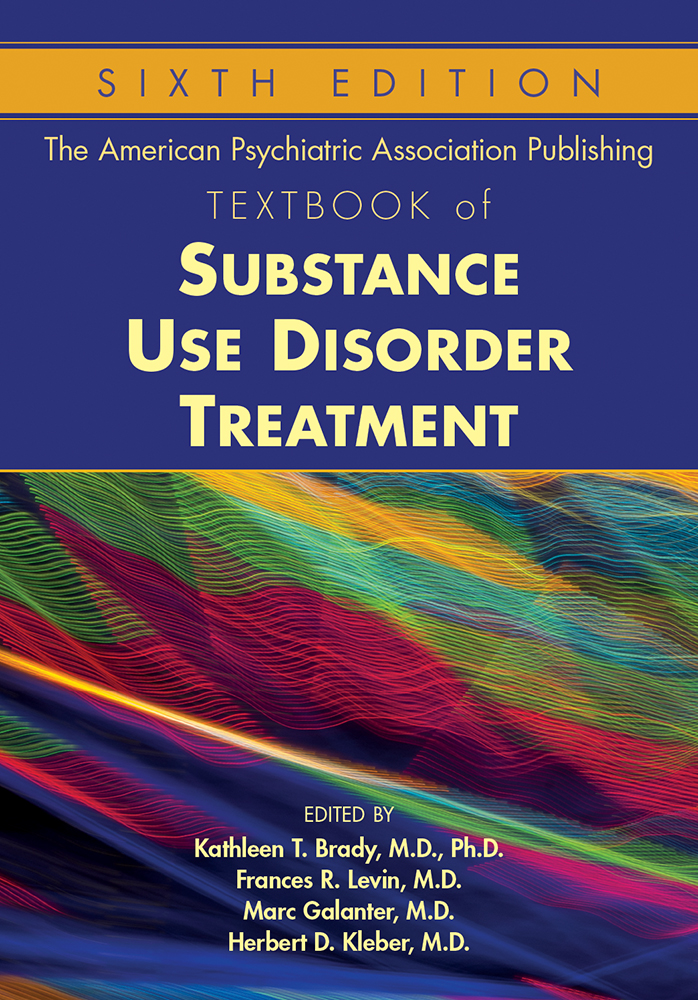Sections
Excerpt
The anabolic-androgenic steroids (AASs) are a family of hormones that includes the natural male hormone testosterone and hundreds of synthetic relatives of testosterone (Pope et al. 2014b). All AASs possess both anabolic (muscle-building) and androgenic (masculinizing) properties; it is equally correct to refer to these hormones simply as “androgens” (Kanayama et al. 2018a). Testosterone was first isolated in the 1930s, and numerous synthetic AASs were developed over the next decade. By the 1950s, athletes had discovered that AASs would allow them to achieve muscle gains far beyond those attainable by natural means, and AAS use spread rapidly throughout the elite athletic world (Kanayama and Pope 2018). However, it was not until the 1980s that AAS use began to emerge from elite athletics and into the general population. Now, between 3 and 4 million American men, and millions more worldwide, have used these drugs illicitly at some time (Pope et al. 2014a).
Access content
To read the fulltext, please use one of the options below to sign in or purchase access.- Personal login
- Institutional Login
- Sign in via OpenAthens
- Register for access
-
Please login/register if you wish to pair your device and check access availability.
Not a subscriber?
PsychiatryOnline subscription options offer access to the DSM-5 library, books, journals, CME, and patient resources. This all-in-one virtual library provides psychiatrists and mental health professionals with key resources for diagnosis, treatment, research, and professional development.
Need more help? PsychiatryOnline Customer Service may be reached by emailing [email protected] or by calling 800-368-5777 (in the U.S.) or 703-907-7322 (outside the U.S.).



